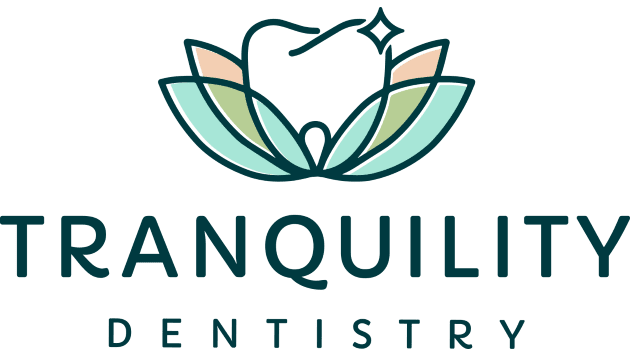
Dental Health and Pregnancy
What Expectant Mothers Should Know
Pregnancy is a beautiful journey, but it can bring about numerous changes in a woman’s body, including her oral health. Many expectant mothers are unaware of the unique dental challenges they may face during pregnancy and the importance of maintaining good oral health for the well-being of both them and their babies. In this blog, we will discuss the oral health challenges that pregnant women can encounter, the significance of prenatal dental care, and provide essential tips for maintaining healthy teeth and gums throughout pregnancy.
Oral Health Challenges During Pregnancy
Pregnancy GingivitisHormonal fluctuations during pregnancy can increase the risk of developing pregnancy gingivitis, a mild form of gum disease. Symptoms may include red, swollen, and bleeding gums. Hormones like estrogen and progesterone can make the gums more sensitive to plaque, which, if left untreated, can lead to more severe gum disease.
Tooth Decay
Pregnancy cravings can often lead to increased consumption of sugary snacks, which can contribute to tooth decay. Morning sickness can also introduce gastric acid into the mouth, further increasing the risk of tooth enamel erosion.
Pregnancy Tumours
Some pregnant women may develop pregnancy tumours on the gums, which are non-cancerous growths. While these growths are typically harmless, they can cause discomfort, pain, or bleeding. They often appear during the second trimester and are related to excessive plaque.
Importance of Prenatal Dental Care
Preventive Measures
Regular dental check-ups are essential during pregnancy. Dental professionals can provide preventive measures to address and manage the oral health challenges faced by expectant mothers. They can also offer guidance on maintaining healthy teeth and gums throughout pregnancy.
Early Detection
Dental visits can help with early detection and intervention in case of any dental issues. This is crucial as untreated dental problems can potentially affect the overall health of both the mother and the developing baby.
X-Rays and Medications
It’s important to inform your dentist about your pregnancy, as they can take the necessary precautions. X-rays and certain medications may be postponed or avoided to ensure the safety of the developing fetus.
Tips for Maintaining Healthy Teeth and Gums During Pregnancy
1. Maintain Good Oral Hygiene: Brush your teeth at least twice a day and floss daily to remove plaque and prevent gum disease. Use a toothbrush with soft bristles to avoid causing damage to sensitive gums.
2. Use Fluoride Toothpaste: Fluoride is safe and beneficial for dental health. Make sure to use fluoride toothpaste to strengthen tooth enamel and prevent cavities.
3. Eat a Balanced Diet: Consume a well-balanced diet rich in fruits, vegetables, and whole grains. Limit sugary snacks and beverages to reduce the risk of tooth decay.
4. Rinse with Water: If you experience morning sickness, rinse your mouth with water after vomiting to minimise the impact of stomach acid on your teeth.
5. Stay Hydrated: Proper hydration is crucial for your overall health and oral health. Drinking water helps maintain saliva production, which protects teeth and prevents dry mouth, a condition that can lead to cavities.
6. Use Sugar-Free Gum or Lozenges: Chewing sugar-free gum or lozenges can help stimulate saliva production, which can counteract dry mouth and prevent tooth decay.
7. Practice Stress Reduction: High-stress levels can negatively impact your oral health. Engage in relaxation techniques like deep breathing and meditation to reduce stress during pregnancy.
8. Schedule Prenatal Dental Check-ups: Visit your dentist for regular check-ups during pregnancy. Ensure your dentist is aware of your pregnancy, as they may adjust your treatment accordingly.
9. Address Oral Health Issues Promptly: If you notice any changes in your oral health, such as bleeding gums or discomfort, don’t hesitate to contact your dentist for evaluation and treatment.
10. Inform Your Healthcare Providers: Ensure that your obstetrician and dentist are aware of each other’s recommendations and any medications you are taking. This coordinated approach can be beneficial for your overall health during pregnancy.
Oral health is an integral component of overall well-being, and this is particularly important during pregnancy. Expectant mothers should be aware of the unique oral health challenges they may face and the importance of maintaining good oral hygiene throughout pregnancy. Prenatal dental care is not only safe but highly recommended to ensure the well-being of both the mother and the developing baby.
By following these tips and scheduling regular dental check-ups during pregnancy, you can help safeguard your oral health and enjoy a healthy, beautiful smile throughout this incredible journey. Remember, a healthy smile reflects a healthy pregnancy.
